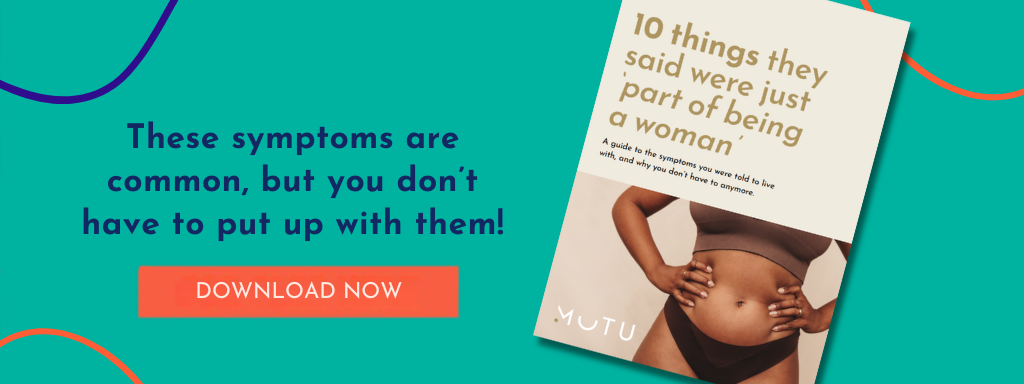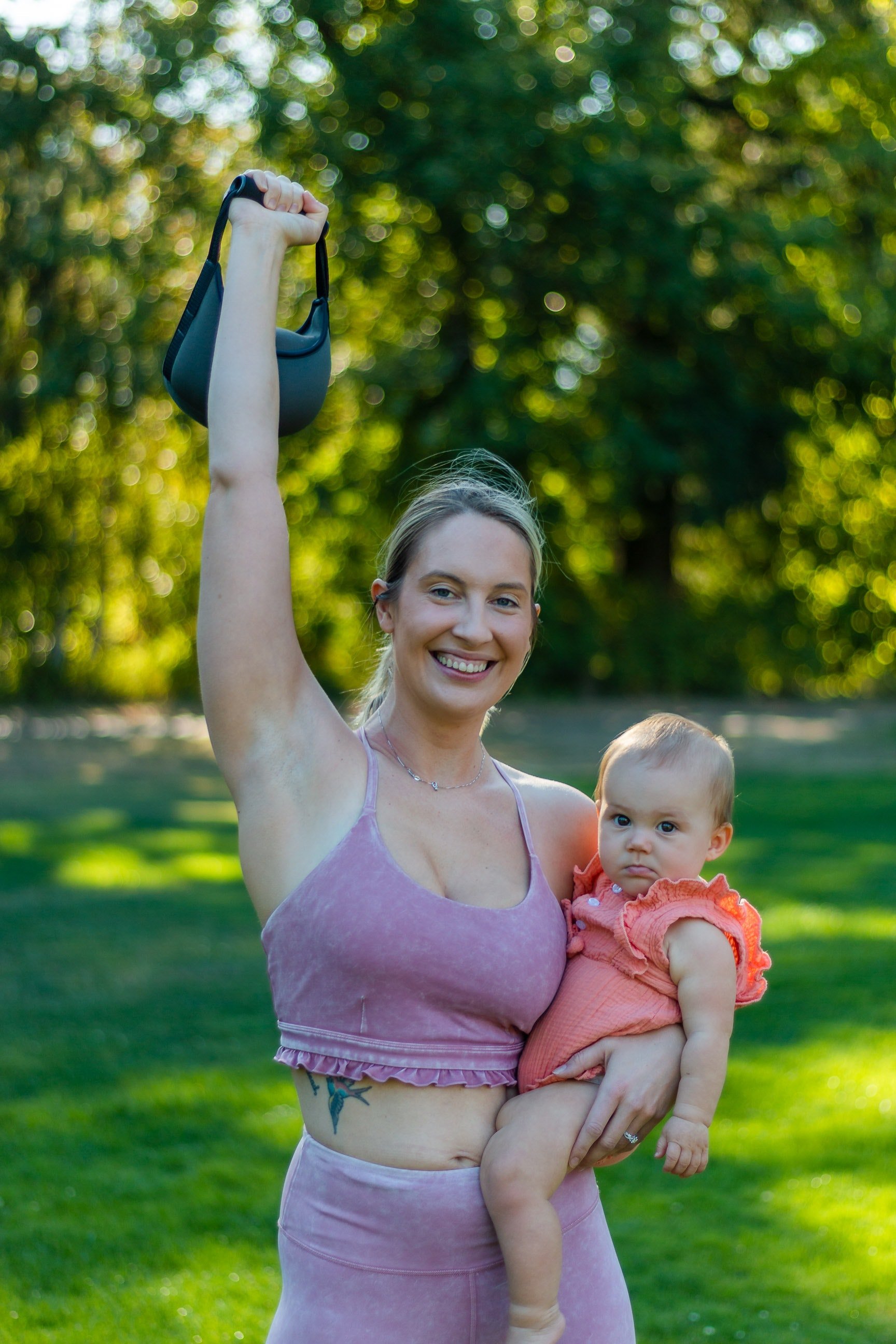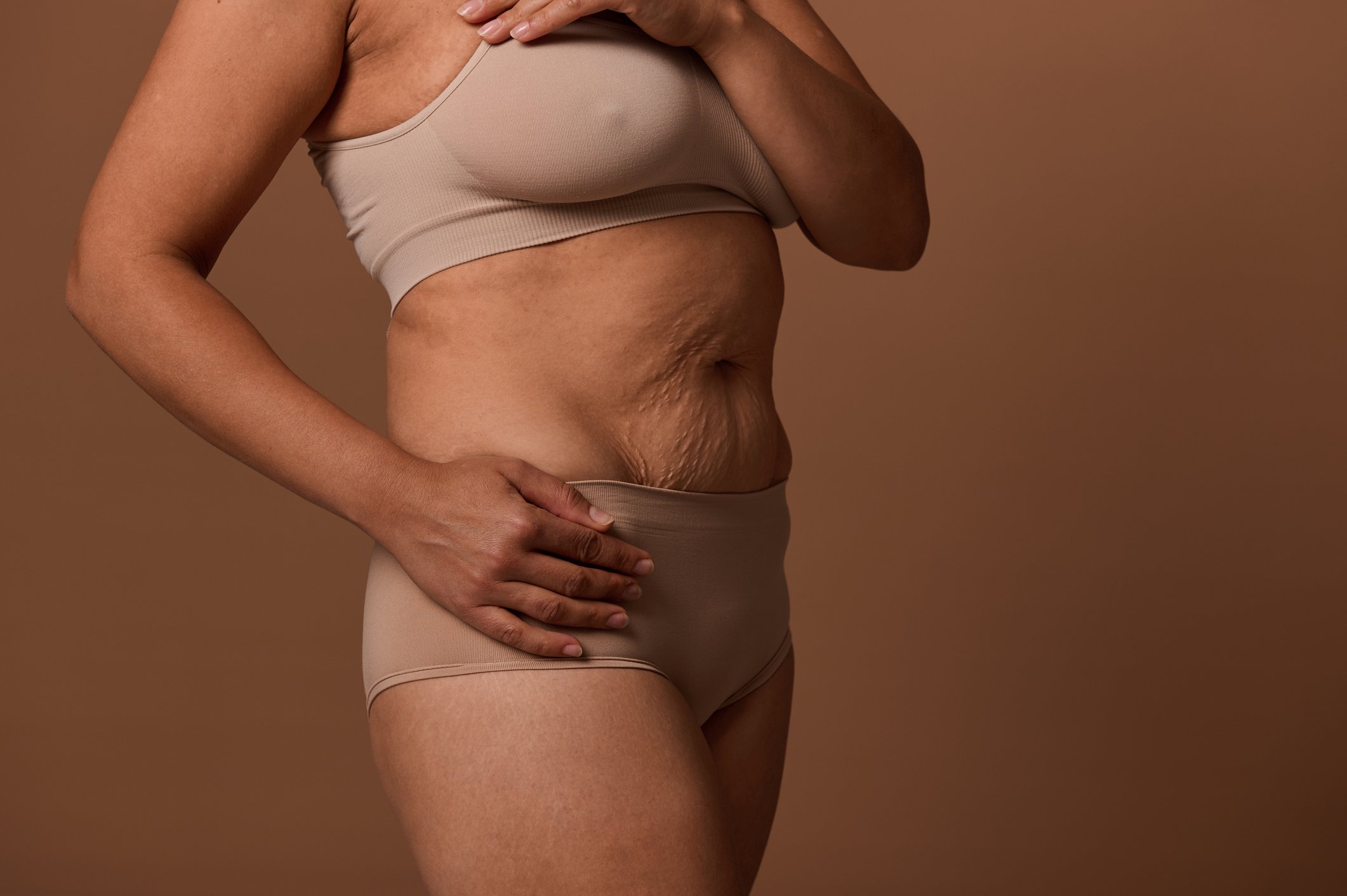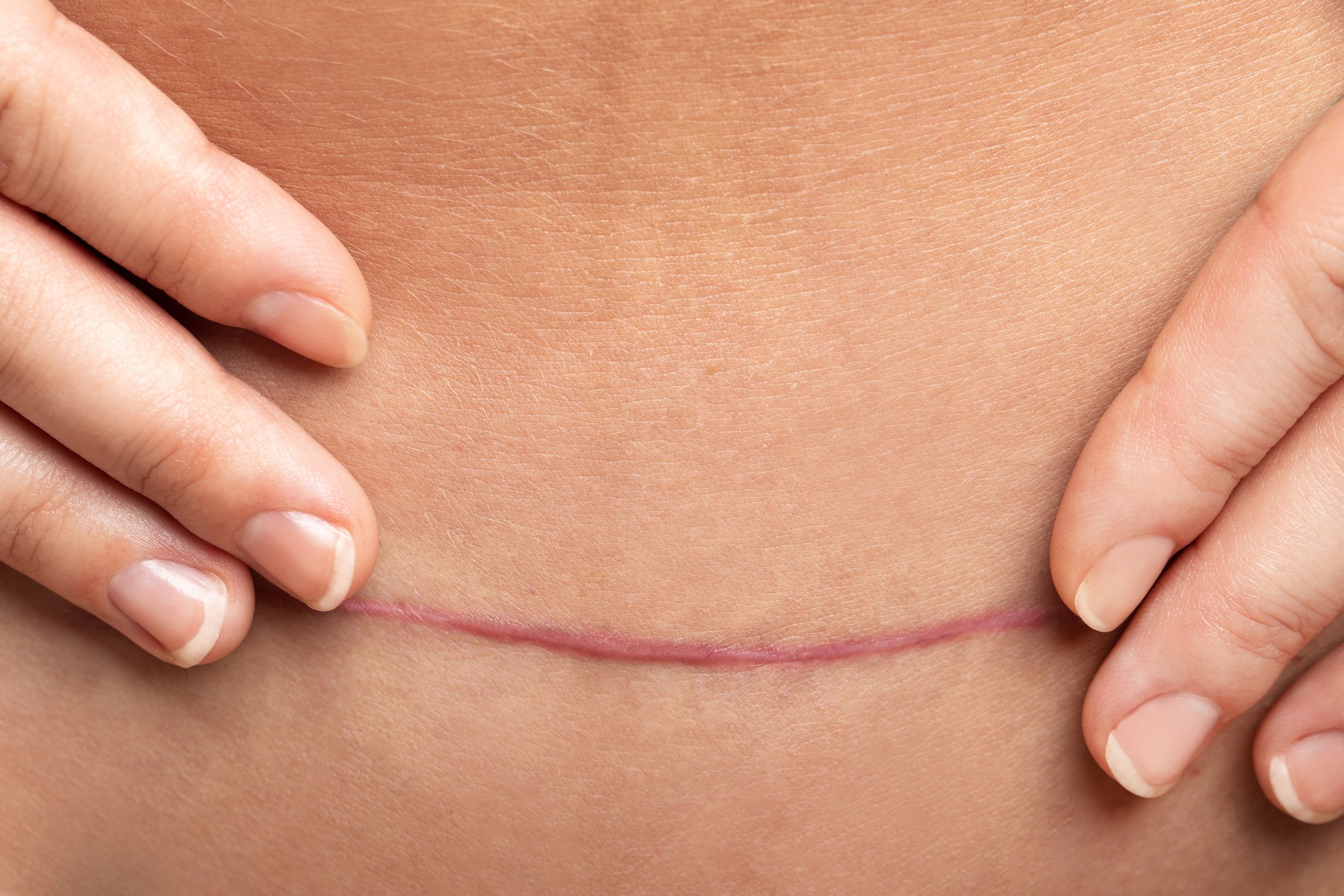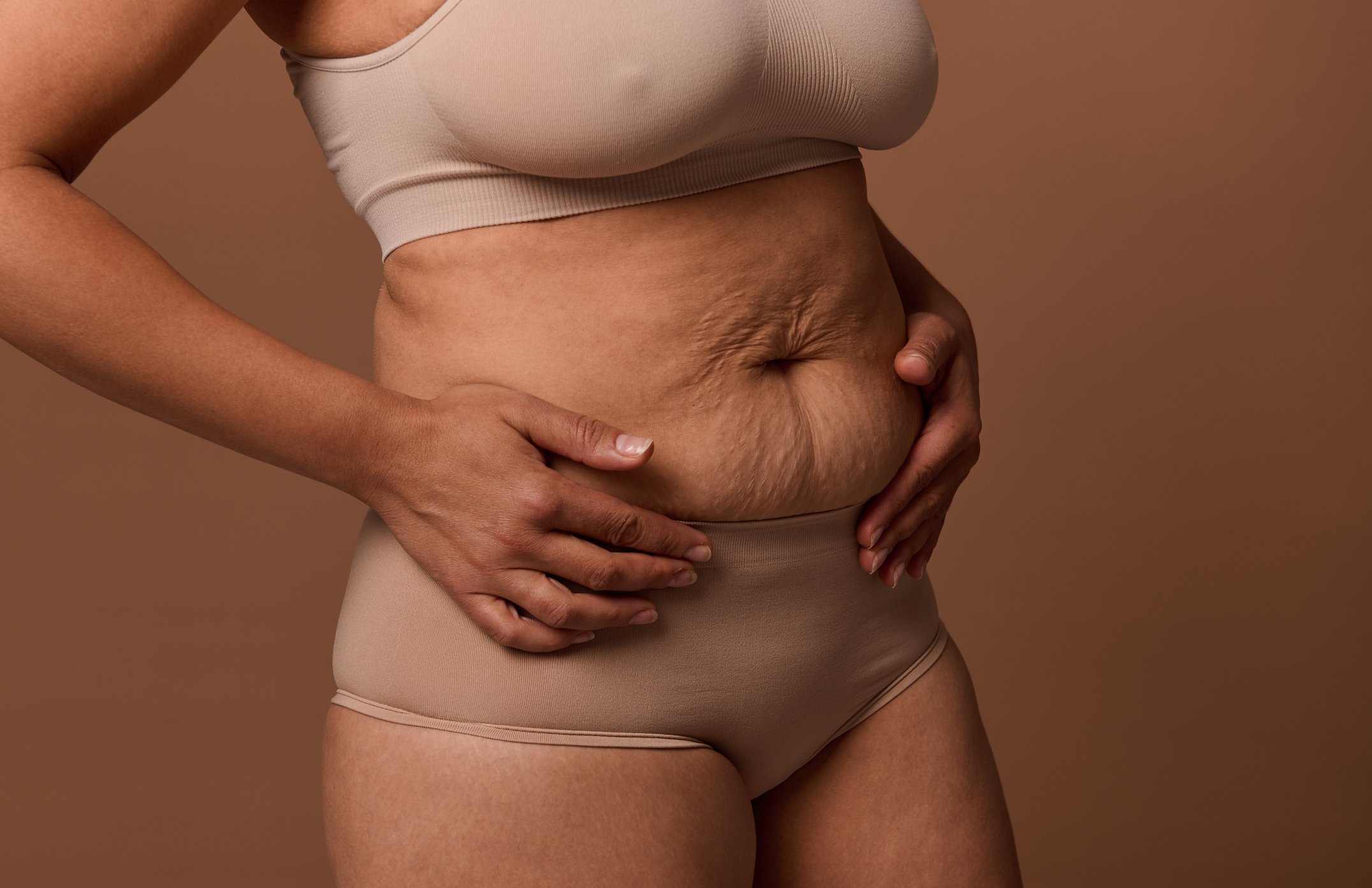How adding even 10 minutes of exercise in your postnatal recovery is enormously beneficial!
There is a mounting body of evidence around the broad-reaching benefits of exercise postpartum. The good news is, what the best postpartum workout plan might be is really up to you. There are lots of safe ways to get in exercise postnatally, whether you were an athlete before giving birth, or prefer stretching and leisurely strolls.
Check out MUTU guidance on how soon you can start exercising after giving birth, but let’s jump into why postpartum workouts are beneficial.
Recovery from Birthing
Our bodies are incredibly resilient and capable of healing, but can often use some thoughtful support in doing so. Proper rest, nutrition, and some helping hands are essential, but don’t forget exercise!
Postnatal workouts are being shown to have been a long overlooked component in the process of recovering from birth, but are getting a good deal of research nowadays. Studies have shown that even walking 10 minutes a day during postpartum can make a huge impact on overall recovery from any straightforward or complicated birth, including following cesarean births.
It is safe for all new parents to start with exercise and stretching as soon as they feel comfortable postnatally and build from there.
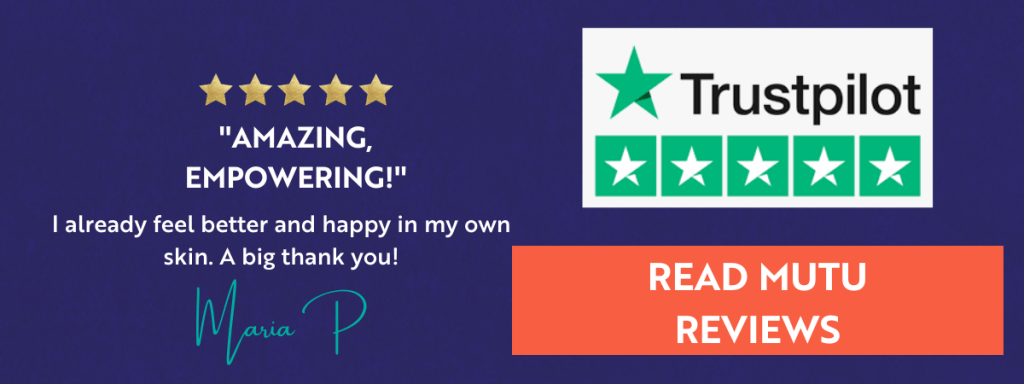
Strength
You asked your body to go through a lot in growing and birthing your infant(s), and will continue to do so as you care for them after birth. Working out in postpartum can help build back the strength you might have lost during pregnancy, especially in your abdominal muscles, pelvic floor, and lower back.
Becoming a bodybuilder post pregnancy isn’t necessarily the goal — exercises like yoga, swimming, dancing, and the guided postpartum workout plans you’ll find on the MUTU platform will help you build the strength you can use to heal better, feel better, and take care of yourself and your baby, postpartum and beyond.
Mental Health and Postpartum Mood and Anxiety Disorders (PMADs)
Approximately 1 in 7 birthing people will experience Postpartum Depression (PPD) or other Postpartum Mood and Anxiety Disorders (PMADs) following birth. As these rates have risen in Western countries over the past two decades, new insights about preventative care in pregnancy and beyond have emerged. One insight clinicians have gained in studying this trend is the role exercise in pregnancy and postpartum can play in maternal mental health.

Though there hasn’t been much evidence to support the idea that postpartum exercise can prevent postpartum depression by itself, there has been broad analysis of its role as one of many wellness tools which may lead to fewer incidences of PMADs and PPD. One suggested reasoning for this is due to postnatal exercising leading to an overall lowering of stress levels in new moms, giving space for more joy and confidence in the early parenting period. Also, research suggests that working out in postpartum helps regulate appetite and sleep and increase endorphins and other positive hormone production, which have all been shown to be preventative against postpartum depression.
Weight Loss Benefits of Exercise
Many of our MUTU System users join us seeking out ways to reduce their postpartum belly. Weight loss after pregnancy is a common concern with heavy societal pressures. Post-pregnancy weight loss can also be a matter of feeling strong, confident, and more like your “old self,” which are all important emotions.
Though the internet obsession of “bounce back” mommies and the influence of dieting culture on motherhood are generally toxic, there are healthy approaches to getting rid of that baby belly and regaining fitness after birth.
Nearly 70% of MUTU moms saw some to “very much” improvement in their reduction of body fat after 12 weeks with the program, with 42% reporting some reduction in body fat in just 3 weeks. The MUTU System is clinically effective, safe, supportive, non-judgemental, and thoughtfully designed for new mothers seeking support in their post-pregnancy weight loss goals.
Community Building
In spite of working out being an activity focused primarily on self-support and self-improvement, it can also be a great way to build community, especially in postpartum.
The unfortunate reality is that Western cultures tend to isolate new parents and create the idea that someone (or everyone) out there has it easier than you. Humans are social creatures and childrearing has traditionally and purposefully been a community activity until very recent history. Building a community around postpartum health and fitness can be a powerful tool to make you feel supported, sane, safe, and strong as you grow as a new parent.
That’s why the MUTU System is more than just some postpartum workouts on an app — it’s a community! We encourage all parents from all walks of life to join at any stage in their pregnancy, birthing, and parenting journey to connect, exercise, and learn from one another.
It’s also important to note that there have been no studies showing postnatal workouts to have a negative effect on lactation.
Remember, you can start slow with postpartum workouts and still see all of these benefits. Stretch and rest after, make sure to eat, and listen to your body.




